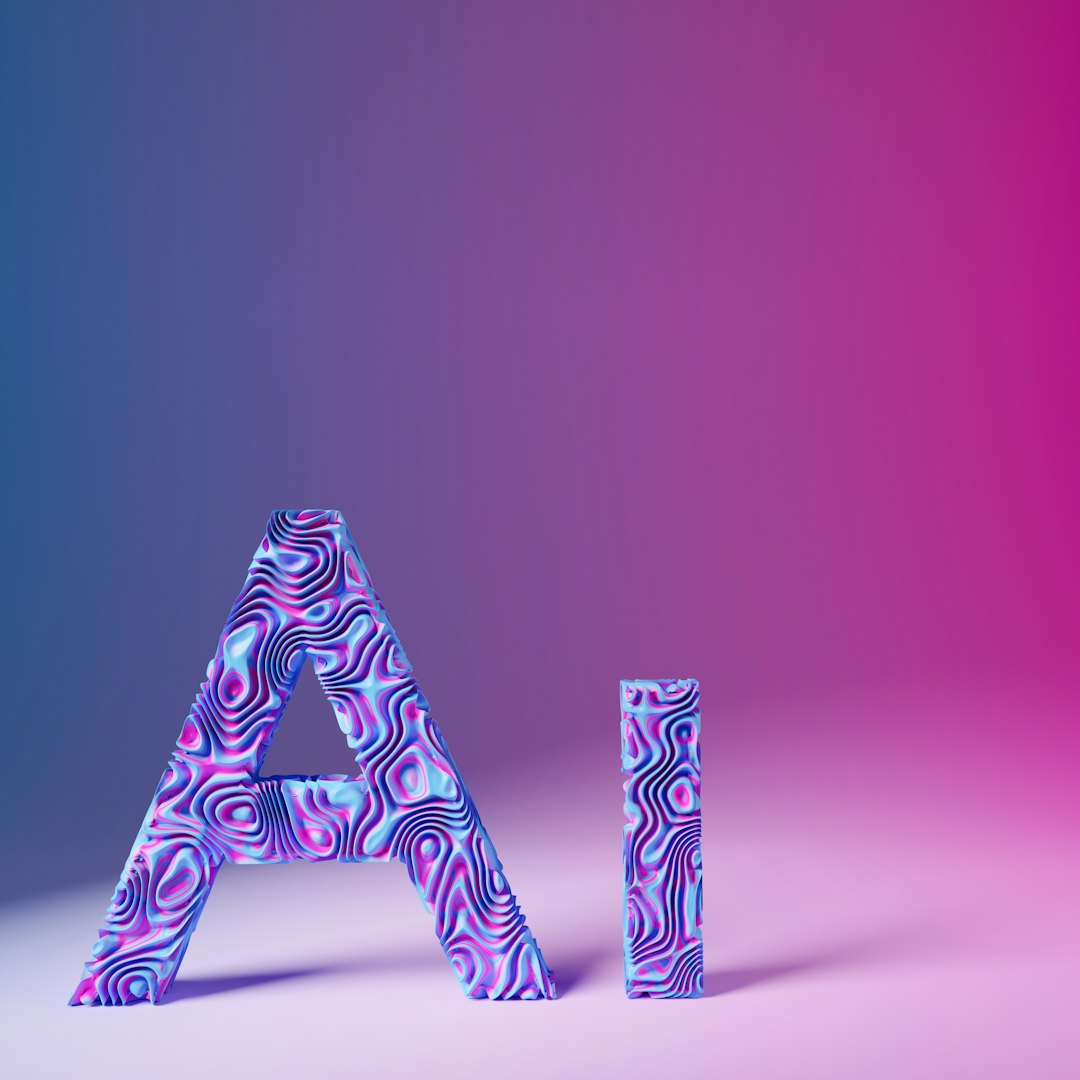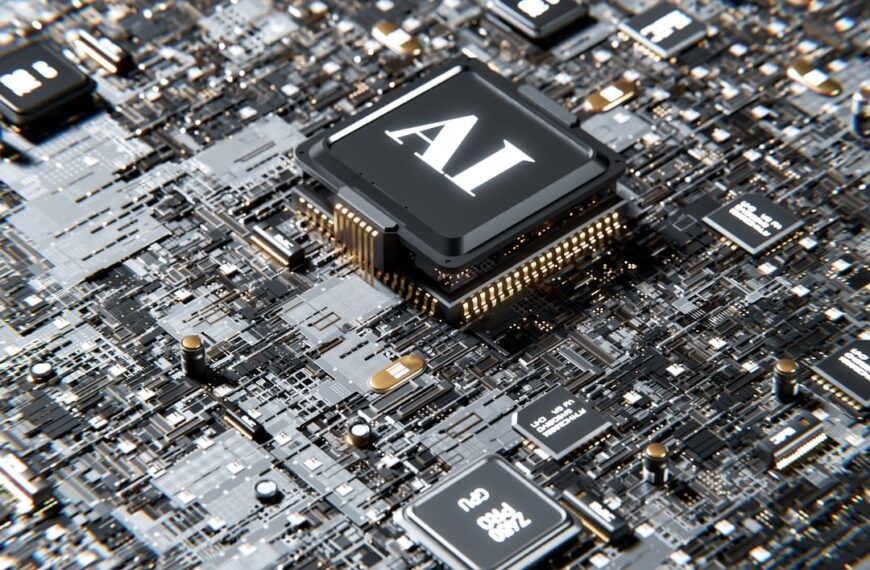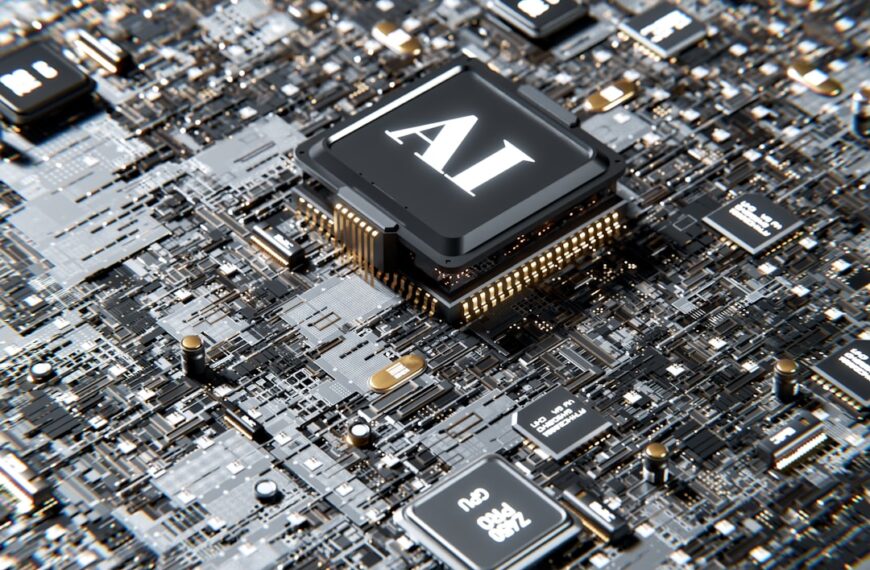Artificial intelligence (AI) is rapidly transforming the healthcare landscape, promising a future where diagnosis is faster, more accurate, and treatment is personalized to the individual. No longer a futuristic fantasy, AI’s impact is already being felt across various aspects of healthcare, from the initial consultation to ongoing patient management.
One of the most significant applications of AI is in medical imaging. AI algorithms can analyze medical images like X-rays, CT scans, and MRIs with remarkable speed and accuracy, often detecting anomalies that might be missed by the human eye. This leads to earlier diagnosis of diseases like cancer, allowing for quicker intervention and improved patient outcomes. Furthermore, AI can assist radiologists by prioritizing cases requiring urgent attention, optimizing workflow and reducing diagnostic delays.
Beyond imaging, AI is making inroads into disease prediction and prevention. By analyzing vast amounts of patient data, including medical history, genetics, lifestyle factors, and environmental influences, AI models can identify individuals at high risk of developing specific conditions. This allows for proactive interventions, such as lifestyle changes or preventative screenings, potentially averting serious illnesses.
The realm of personalized treatment is another area where AI is revolutionizing healthcare. AI algorithms can analyze a patient’s unique genetic makeup, medical history, and lifestyle to predict their response to different treatments. This enables doctors to tailor treatment plans to individual needs, maximizing effectiveness and minimizing adverse effects. For example, in oncology, AI can help select the most effective chemotherapy regimen for a specific cancer type and patient profile.
Furthermore, AI-powered chatbots and virtual assistants are enhancing patient engagement and improving access to care. These tools can answer patient queries, provide medication reminders, schedule appointments, and even offer basic health advice. This is particularly beneficial for patients in remote areas or those with limited access to healthcare professionals.
However, the integration of AI in healthcare is not without its challenges. Data privacy and security are paramount concerns, requiring robust systems to protect sensitive patient information. Algorithmic bias is another potential pitfall; AI models trained on biased data can perpetuate inequalities in healthcare access and outcomes. Finally, the ethical implications of AI-driven decision-making in healthcare require careful consideration and robust regulatory frameworks.
Despite these challenges, the potential benefits of AI in healthcare are undeniable. As AI technology continues to advance and mature, we can expect even more transformative applications in the years to come. From improving diagnostic accuracy to personalizing treatment plans and enhancing patient engagement, AI is poised to play a pivotal role in shaping the future of healthcare, ultimately leading to better health outcomes for all.









